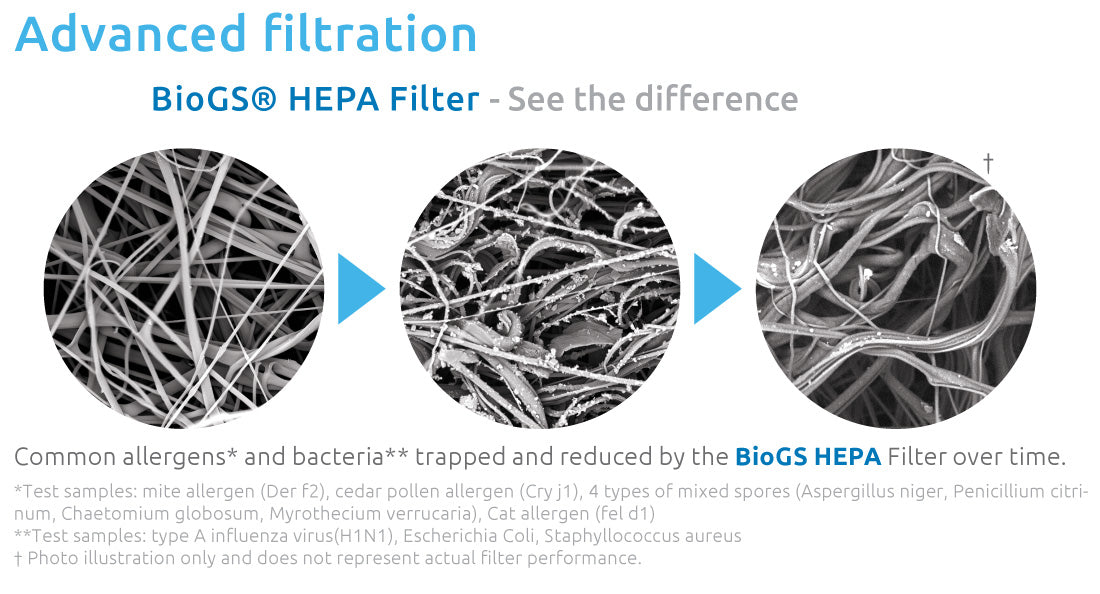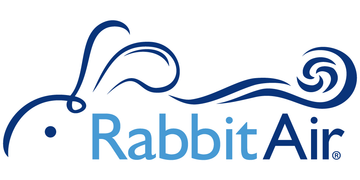
When it comes to air purification, it’s best to be educated. We spend a lot of time indoors whether we are at home, the workplace or the new standard, the work-at-home-place. All this time inside means we are constantly exposed to indoor air pollution.
It is time consuming to choose an effective air filtration product with such variety on the market. In this blog we will discuss HEPA filtration, the most popular filtration technology and the advancements Rabbit Air has made to this tried and true process.
What is a HEPA filter? HEPA stands for High Efficient Particulate Air. Originally designed to contain radioactive aerosols in World War II, HEPA filters are still one of the best protections we have in the war against particulates. Most modern HEPA filters consist of interlaced fibers that twist and turn in differing directions to create a fibrous maze. When microscopic particles enter this maze they rarely leave.
The problem is, while all HEPA filters will offer you protection, not all HEPA filters are created equal. There are different types of HEPAs, sorted by efficiency ratings. True HEPA filters will trap allergen and particles 0.3 microns in size at 99.97% efficiency and over 99% efficiency for particles less than 0.1 microns. This seems very efficient, which can actually cause problems.
Capturing 99.97% of particles greater than 0.3 micrometer is a great idea until you consider that organic particulates like pollen, dust mites and mold spores also become trapped. In the filter they can trigger the growth of bacteria and soon your filter may be doing more harm than good. In addition, that clogged filter won’t do your machine any favors either. The reduced filtration forces your purifier to work harder, decreasing energy efficiency and increasing the wear and tear of your unit.

Rabbit Air has solved this issue with the Advanced BioGS HEPA filtration system. Unlike traditional HEPA filters that might allow the growth of bacteria and viruses over time, BioGS HEPA filters trap and reduce common allergens and bacteria trapped on the filter to support optimum filter efficiency and prolong filter life.
While standard HEPA filters trap particles utilizing a purely mechanical process. Rabbit Air’s BioGS HEPA filter is electrostatically charged, and acts as a magnet for particles flowing through the filter. These charged fibers attract airborne particles providing even higher efficiency and low-pressure drop.

Rabbit Air uses the unique manufacturing process of hydro-charging to enhance the electrostatic charge, increasing overall filter performance. Few manufacturers can manage this delicate and precise process.
Common allergens like dust mites, pet dander, pollen, mold spores in addition to bacteria and particles that carry viruses are no problem for the Advanced BioGS HEPA filtration.
Stronger, smarter, cleaner, easier and convenient? What’s not to love about a Rabbit Air?




